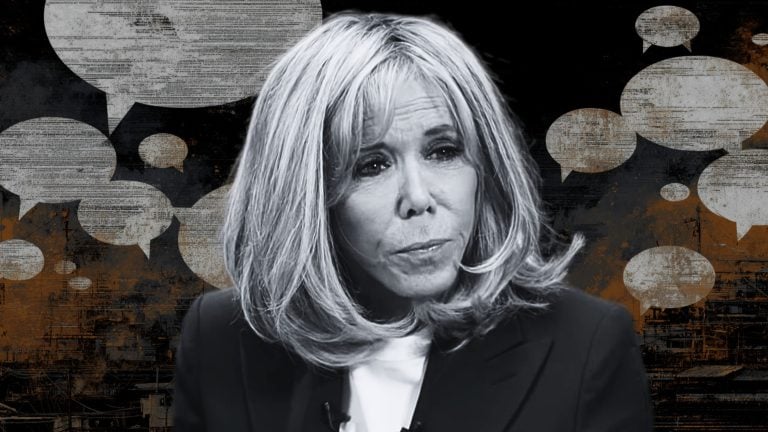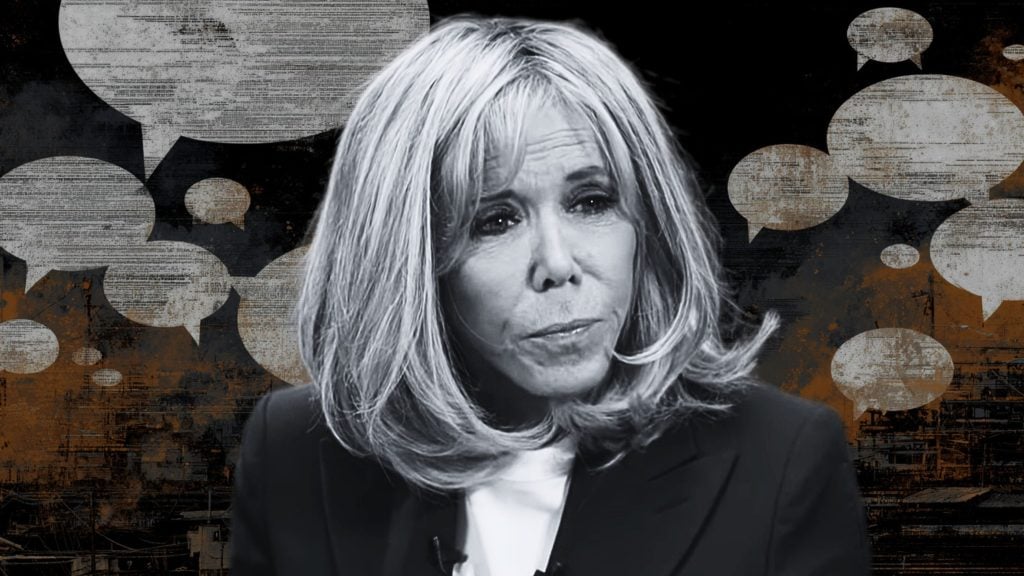As the UK prepares for its General Election on July 4th, Meta has announced a series of measures aimed at combating “misinformation” and “hate speech” on its platforms. While the tech giant frames these initiatives as necessary steps to ensure the integrity of the election, critics argue that Meta’s efforts may actually hinder free speech and stifle legitimate political debate.
Meta’s announcement highlights a multi-faceted approach, supposedly drawing on lessons from over 200 elections since 2016 and aligning with the UK’s controversial censorship law, the Online Safety Act.
The company’s track record raises questions about its ability to impartially police content. Critics argue that Meta’s definition of “misinformation” is often too broad and subjective, leading to the removal of legitimate political discourse. By relying on third-party fact-checkers like Full Fact and Reuters, who have their own biases, as everyone does, in the types of content they choose to “fact check,” Meta risks becoming an arbiter of truth, silencing voices that may challenge mainstream narratives.
Meta’s plan to tackle influence operations, including coordinated inauthentic behavior and state-controlled media, sounds, to some, laudable on the surface, the broad and opaque criteria used to determine what constitutes harmful influence could easily be misapplied, leading to the suppression of legitimate outlets that offer alternative perspectives.
The company has faced significant criticism for its handling of misinformation, raising serious concerns about its ability to effectively moderate content. Meta’s handling of the Hunter Biden laptop story in the lead-up to the 2020 US presidential election exacerbated concerns about its content moderation policies. When the New York Post published a story about Hunter Biden’s alleged involvement in questionable overseas business dealings, Meta moved swiftly to limit the spread of the story on its platforms, citing its policy against the dissemination of potentially hacked materials. This decision was widely criticized as a politically motivated act of censorship, particularly after it was revealed that the laptop and its contents were genuine. The suppression of this story fueled accusations of bias and raised questions about the extent to which Meta was willing to go to control the narrative in sensitive political contexts.
Meta’s initiatives are said to protect candidates from “hate speech” and “harassment.” However, the application of these policies often appears inconsistent. Public figures, particularly those with views that are controversial to Big Tech, might find themselves disproportionately targeted by Meta’s enforcement actions.
This selective protection can skew public perception and unfairly disadvantage certain candidates, affecting the democratic process.










